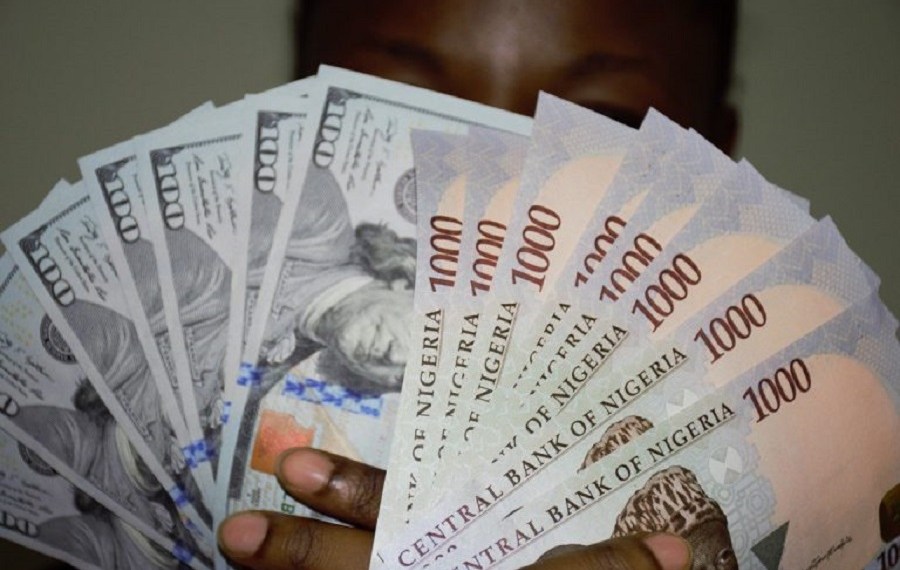
Aboki Naira To Dollar Black Market Rate Today 29th September 2024
In the markets of Lagos, where currency exchange is as common as street commerce, the value of the Nigerian Naira against the US Dollar on the black market, often referred to as the ‘Aboki rate,’ has seen notable fluctuations today, Sunday, September 29, 2024. This rate, which deviates significantly from the official Central Bank of Nigeria (CBN) rate, reflects the economic pulse of the nation’s less regulated financial markets.
According to various sources across social media platforms, which have become a barometer for real-time black market rates, the exchange rate today was marked by a slight increase in the selling price of the dollar. As of the last report, traders on the black market were buying a dollar for around ₦1,639.68 and selling for approximately ₦1,660. This variance from the buying to the selling rate, though typical in the parallel market, underscores the premium placed on foreign currency in Nigeria’s unofficial markets.
Trending Now!!:
This rate movement comes amidst broader economic discussions on monetary policy, the impact of oil prices, and the ongoing efforts by the Nigerian government to stabilize the Naira. Despite these efforts, including the introduction of new currency notes aimed at curbing counterfeit and hoarding, the black market continues to thrive, driven by demand for dollars for various international transactions, including education fees, medical bills, and imports, which are often not facilitated through official channels due to bureaucratic red tape or liquidity issues.
The gap between the official and black market rates has been a point of concern for financial analysts and policymakers alike. While the CBN has made strides towards unifying the rates, the black market’s resilience points to deeper structural issues within Nigeria’s economy, including the heavy reliance on oil exports and dollar inflows, which directly influence the Naira’s value.
In response to these fluctuations, local traders and forex Bureaux De Change operators have been seen adjusting their strategies, with some increasing their dollar reserves in anticipation of further Naira weakening, while others are advising clients to convert at the earliest opportunity due to the unpredictability of the black market rates.
Commenting on the situation, an economist who wished to remain anonymous noted, “The persistent disparity between the official and black market rates is not sustainable in the long run. It encourages speculative trading rather than investment in local currency, which is detrimental to economic stability.”
As Nigeria navigates through these economic waters, the conversation around currency devaluation, monetary policy independence, and the role of the black market in the economy continues to evolve. For now, residents and businesses in Nigeria are keeping a close watch on these rates, adapting their financial planning accordingly in what remains a fluid, challenging economic environment.


